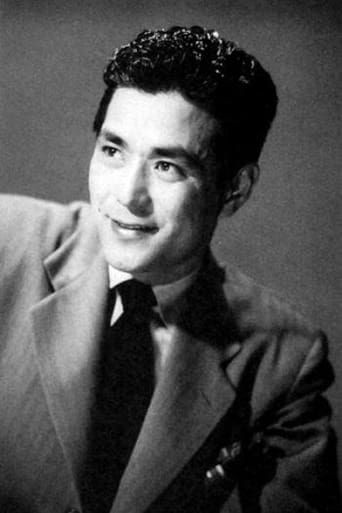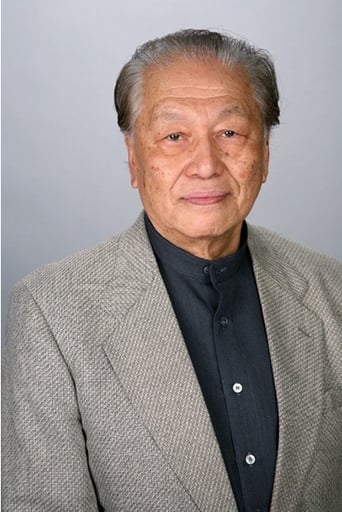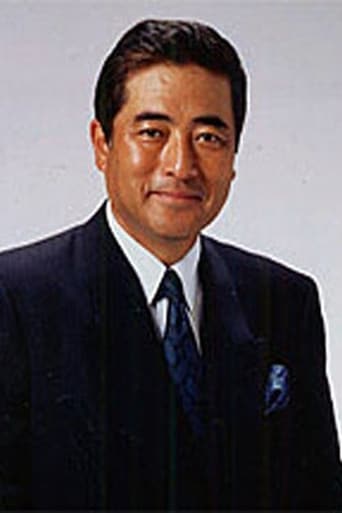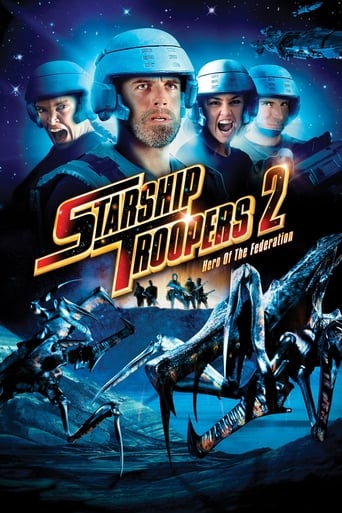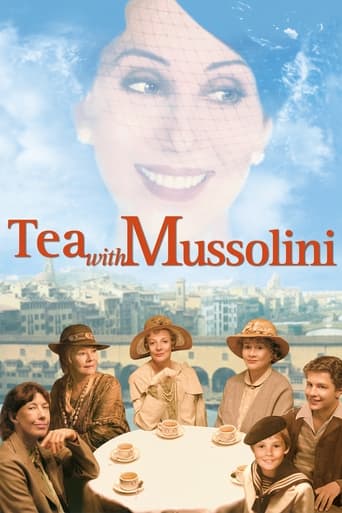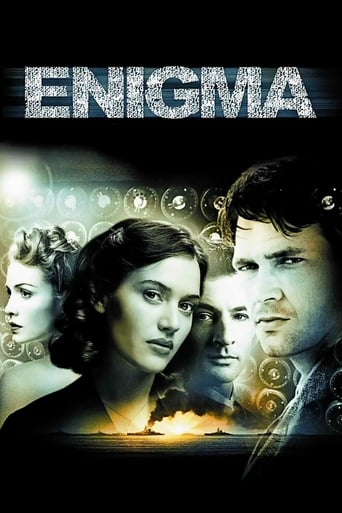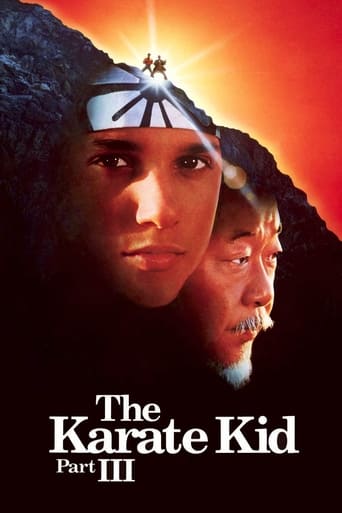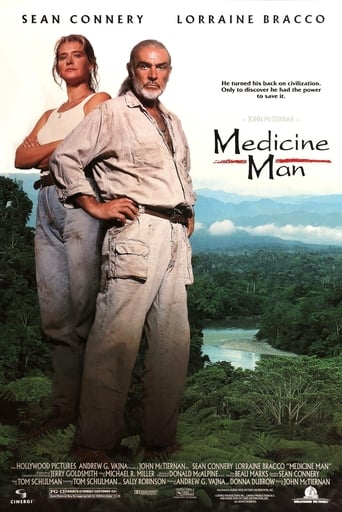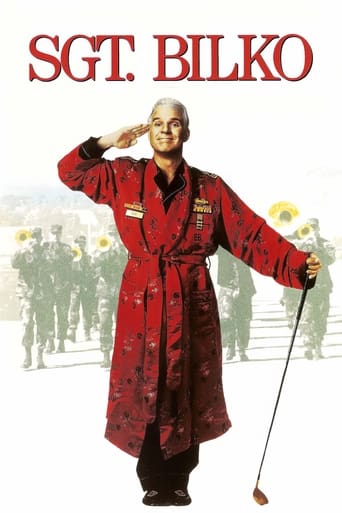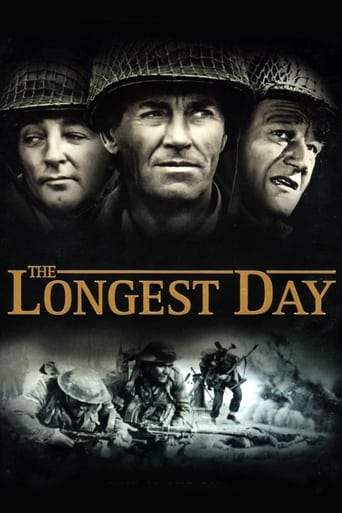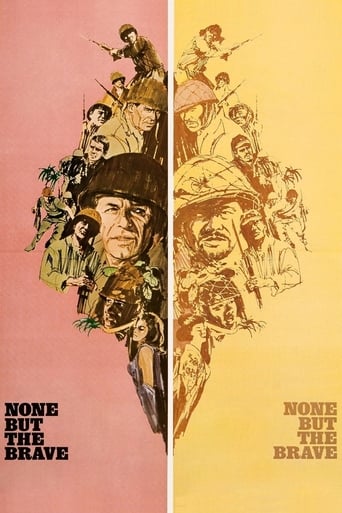
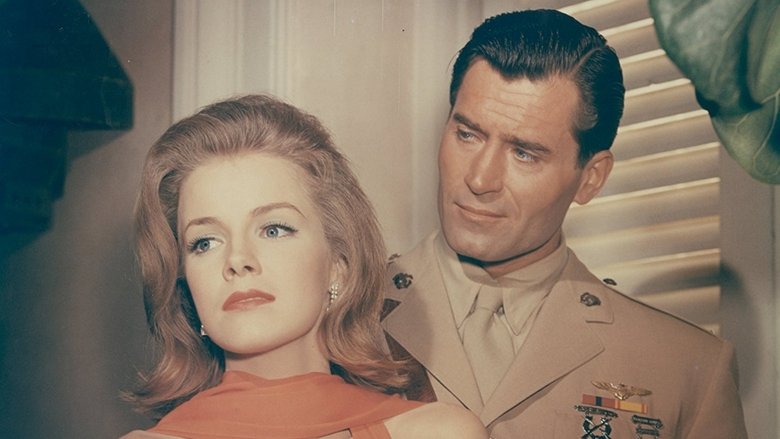
None But the Brave (1965)
American and Japanese soldiers, stranded on a tiny Pacific island during World War II, must make a temporary truce and cooperate to survive various tribulations. Told through the eyes of the American and Japanese unit commanders, who must deal with an atmosphere of growing distrust and tension between their men.
Watch Trailer
Cast
Similar titles
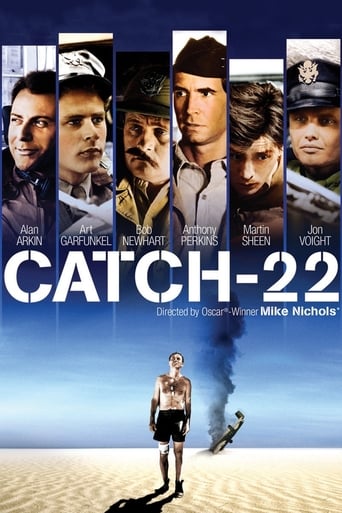
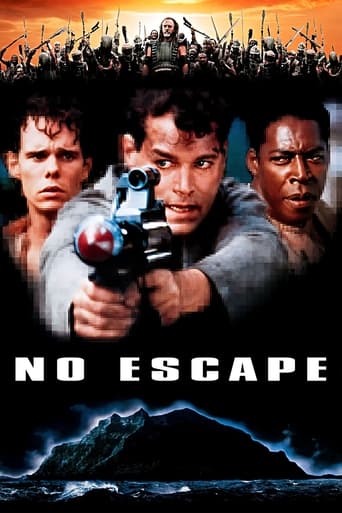
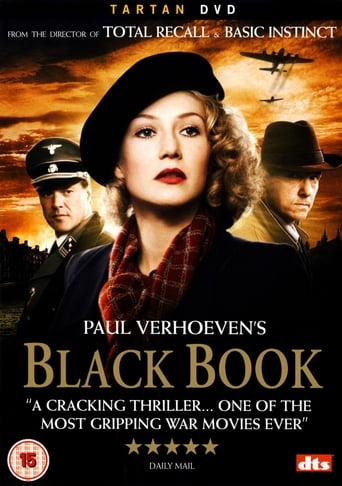
Reviews
Very very predictable, including the post credit scene !!!
Touches You
Fun premise, good actors, bad writing. This film seemed to have potential at the beginning but it quickly devolves into a trite action film. Ultimately it's very boring.
It is an exhilarating, distressing, funny and profound film, with one of the more memorable film scores in years,
Pre-expansion heavyweight and National Hockey League penalty minute leader Howie Young is just one of the guys!
Stranded on a remote Japanese occupied island, a group of US marines consider a truce in this daringly different 60s World War II movie from the directing hand of Frank Sinatra. 'None But the Brave' would be Sinatra's only stint behind the camera, which is a shame as he shows more finesse as a filmmaker than actor here. The film's structure is fascinating as it spends equal time on depicting both US and Japanese sides. Sinatra also allows his Japanese actors to speak in Japanese with English subtitles, avoiding the awkwardness of foreign characters speaking Broken English to each other. There is a particularly effective sequence in which Sinatra crosscuts between Japanese and American troops between addressed at the same time, highlighting the similarities in approach between sides. As a neutral American-made World War II movie with nifty editing, 'None But the Brave' has nothing on 'Beach Red', which would come out two years later, but it is still an admirable effort. Better characters and acting may have helped. Tommy Sands often seems to get chided for his performance, but none of the actors (including Sinatra himself) offer much dimension - not that doing so would be easy since most of the characters are interchangeable. Then again, the film was probably never intended to be character-driven in the first place, and by not having a plethora of protagonists to sympathise with and like, it is easier appreciate the conundrum at hand. Do wartime conditions really still exist on an island cut off from the rest of the world? It is food for thought.
The co-production between an American studio--Warner Brothers--and a Japanese studio--Toho--exemplified not only director Frank Sinatra's liberal attitude but also a major World War II film that presents the Japanese in a sympathetic light. Indeed, "None But the Brave" qualifies as an anti-war film largely because two groups of opposing soldiers find themselves marooned on an uncharted Pacific island and wind up have to live with each other to survive. Three years later director John Boorman made a similar World War II feature with Lee Marvin and Toshiro Mifune called "Hell in the Pacific." "Parachute Battalion" scenarist John Twist and "Attack Squadron!" scribe Katsuya Susaki based their script on Kikumaru Okuda's story. They filter this politically correct saga through the diary of the Japanese officer commanding the troops on the island. Initially, the Japanese and the Americans are at each other's throats until they call a truce. No sooner has the tension between the two armies dwindled than they play a game of deception to mislead each other about their respective strengths. Mind you, this was the only feature film that Sinatra made. Although Sinatra received top billing, Clint Walker and Tatsuya Mihashi are the leads commanding the soldiers. Sinatra casts himself as a liquor guzzling medic and Tommy Sands has the best role in terms of character arc. He is the only person in the action who changes his mind. He goes from being a die-hard, kill-all-Japs lieutenant in the Marine Corps to a soldier reluctant to kill his mortal foe because he likes them. Meanwhile, Walker and Mihashi have the most developed, flesh-and-blood characters, even though they don't change. Lieutenant Kuroki (Tatsuya Mihashi) feels that the war has left his men and he behind as they soldier on a forgotten island in the Solomon Islands because they have lost contact with their own forces and nobody has come to relieve them. Lt. Kuroki writes about their tribulations in a diary to his wife. Kuroki's second-in-command, combat veteran Sgt. Tamura (Takeshi Katô) has little respect for him because Kuroki hasn't seen as much action as he has. Nevertheless, Kuroki maintains a firm grip on his command. He has ordered his men to construct a boat so they can leave the island. A storm destroyed their radio so they cannot contact outside help. One day a Japanese Zero fighter plane tangles with a Navy fighter escorting a C-47 transport plane. The Zero shoots down the C-47, but both planes knock each other out of the sky. Captain Dennis Bourke (Clint Walker of "Gold of the Seven Saints") manages to crash land the two-engine cargo plane on the beach. He is transporting a squad of Marines and a chief Pharmacist Mate, Francis (Frank Sinatra of "From Here to Eternity") when the plane crashes. Among the Marines is a hot-shot, gung-ho lieutenant, Lieutenant Blair (Tommy Sands of "Ensign Pulver"), who thinks that he is in command until Captain Bourke informs him that he is in command. Blair has about as much respect for Bourke as Sgt. Tamura has for Lt. Kuroki. The two armies square off against each other in a game of cat and mouse until Kuroki offers a truce to Bourke. Since the Americans are starving and Kuroki has a seriously wounded soldier, the Japanese commander approaches Bourke with an offer to share food if Bourke will let Francis tend to his soldier. Of course, Francis hasn't amputated a leg before he lays eyes on the Japanese soldier who will die from gangrene until Francis cuts off his leg. The two commanders cleverly try to deceive each other as to their strength. Eventually, they give up the pretense and share the island in harmony until Bourke's radio man, Air Crewman Keller (Tony Bill of "Come Blow Your Horn"), repairs the damaged transmitter and establishes contact with the U.S. Navy. Up until this time the two armies have lived in harmony, but when a Navy destroyer shows up, the soldier dispense with the truce and resume war as usual.Oddly, Sinatra doesn't appear in every scene and his role is more of a supporting character than a lead. Virile Clint Walker is well-cast as the tough-minded captain. The special effects look good except for a fake mountain in the Japanese back story scene. Nevertheless, this is a thoughtful and provocative drama that doesn't pull any punches. "None But the Brave" was lensed on location in Hawaii. Future "Star Wars" composer Johnny Williams provided the orchestral score. The film derives its title from the first stanza of John Dryden's poem, "Alexander's Feast": "None but the brave/ deserve the fair."
When you get right down to it, war is a pointless human endeavor. All it causes is death and destruction. When we use war to achieve a right event (such as the defeat of Nazism in World War II), it was often avoidable had some other peaceful action been taken earlier. Proper, humane treatment of Germany after World War I may have prevented the outbreak of World War II. "None But the Brave" is an earnest attempt to show that the differences between men in war can often be settled peacefully, and working together for mutual survival often assures peace and serenity.The plot of the movie is rather straightforward. A plane carrying about a dozen American soldiers crashes on a small Pacific atoll, where the remnants of a Japanese garrison have been all but forgotten by their superiors. About equal in numbers, the two opposing parties attempt to fight it out, but then realize the hopelessness of confrontation, and instead form a peace in order to share fresh water, food, and medical supplies.The two leads, Clint Walker ("The Dirty Dozen") and Tatsuya Mihashi ("Tora! Tora! Tora!") both shine in their roles. The two men are parallels: both have a sense of patriotism and devotion to their nation and the men under their command, yet both are humanists who see no point in destruction. During the truce, the two form a true friendship, coming to understand their respective backgrounds and personal life stories with respect and admiration for each other.The supporting cast is generally filled with clichéd, familiar characters (a tough sergeant, a grizzled corporal, some inexperienced grunts, etc.), but the story really isn't about them. Tommy Sands ("The Longest Day") plays a green lieutenant out for blood, and his acting is far over the top. There's a story behind this, and it's unfortunate that his delivery strongly distracts from the story. Frank Sinatra has little to do, as he was busy in the director's chair, but there is a great extended scene revolving around a leg amputation where his limited dialog and great facial expressions more than deliver the goods. When Sinatra had substantial screen time, he used it well, but unfortunately he didn't give himself enough to do and his character is basically a waste of energy.Director of Photography Harold Lipstein ("Hell is for Heroes") does a fantastic job with the Pacific locations. The steamy tropical jungle truly comes alive, especially during a fabulous scene in which a monsoon sweeps over the island. Sinatra's direction lacks flair, and most of the action sequences are straightforward and bland. The firefight revolving around a Japanese boat is also grim and gritty; and the final confrontation between the Japanese and Americans really delivers, mostly because of the blatant anti-war message which comes about 30 seconds after the shooting stops.The movie features a rather boring score by John Williams (who was just starting to break into writing film scores in 1965; most of his work had been in television prior to this film). Eiji Tsuburaya (of "Godzilla") fame supervised the special effects work, and unfortunately, I have always found his work below-par when compared to some of the innovations Hollywood could afford during this period. There's a scene in which two model planes on strings blast away at each other in the same manner toy airplanes fired rockets at monsters as they attacked Tokyo. I can understand the Japanese cast and crew, since this was a joint production, but someone else should have been running the special effects department.These are just minor nitpicks. Sinatra does a very good job directing this film and he has taken far too much criticism from other reviewers. The statements made in this film are bold and honest, and there are many moving moments. The final act is a brilliant exercise depicting the waste and futility of war. If everyone could not only watch, but understand the philosophy portrayed in this movie, perhaps the world would be a more peaceful place.
